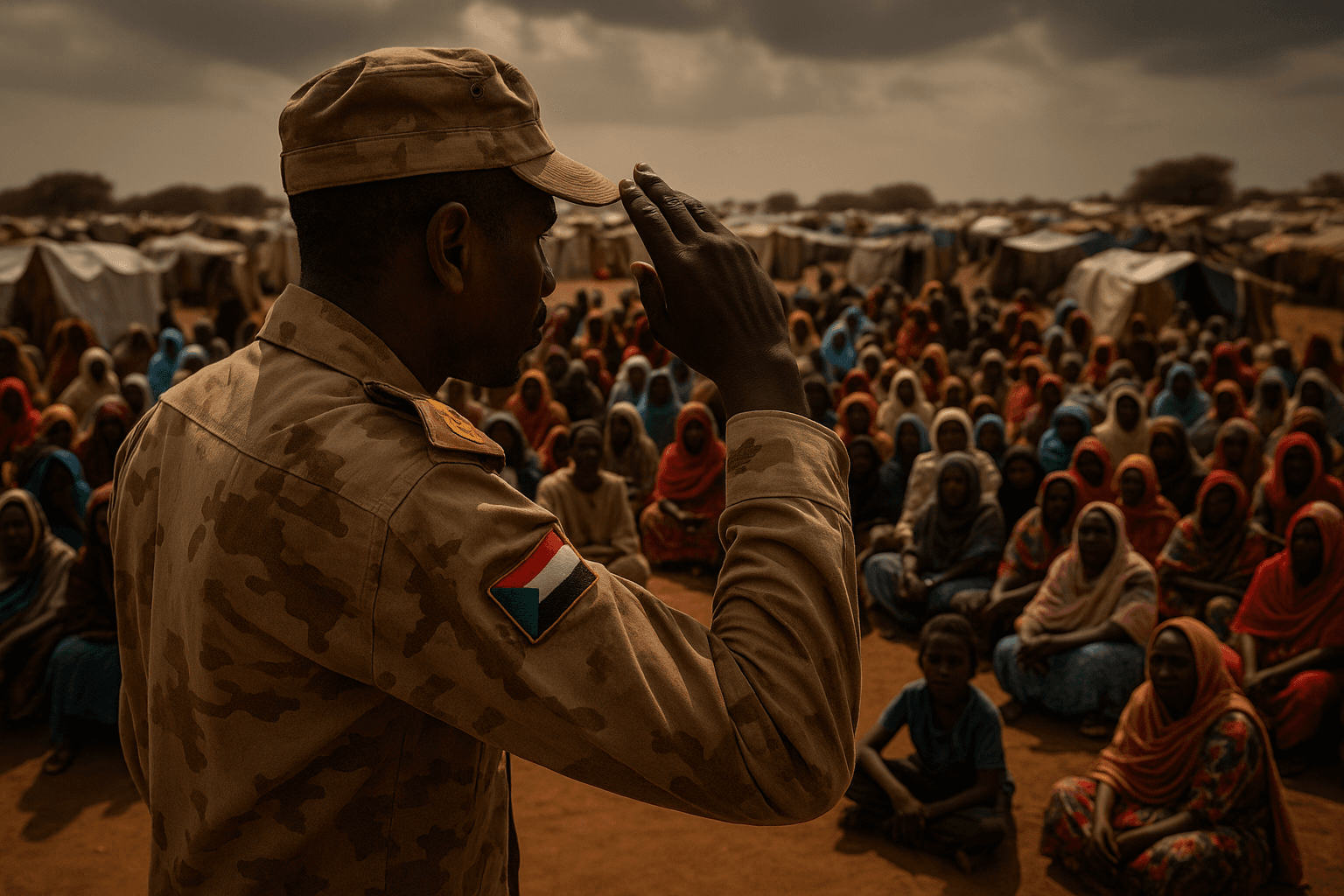RSF Announces Three Month Humanitarian Truce, Raises Verification Questions
Sudan’s paramilitary Rapid Support Forces announced a unilateral three month humanitarian truce on November 25, in response to mediation by the United States, United Arab Emirates, Egypt and Saudi Arabia. The pause could ease access for relief operations to millions displaced since the April 2023 outbreak, but it leaves unresolved verification challenges and no confirmed reciprocal acceptance from the Sudanese Armed Forces.

The Rapid Support Forces led by General Mohamed Hamdan Dagalo, known as Hemedti, declared an immediate, unilateral three month humanitarian truce in a recorded address on November 25. The RSF said the pause was intended to permit humanitarian access, to protect aid facilities and to allow movement of relief workers, and pledged to establish field mechanisms to be monitored by international actors. The announcement followed international mediation efforts by the United States, the United Arab Emirates, Egypt and Saudi Arabia.
Humanitarian agencies say the conflict that began in April 2023 has produced mass civilian harm and displaced millions, producing one of the gravest crises on the African continent. Relief operations have been impeded by insecurity, constrained transport routes and damage to health and logistics infrastructure. The RSF declaration, while offering immediate breathing space on paper, does not yet carry the certainty required by aid organizations who say access and protection must be verified on the ground.
Crucially, the Sudanese Armed Forces had earlier rejected a mediator proposed ceasefire and there was no indication that the SAF had accepted the RSF pause as of November 25. Without reciprocal agreement, the unilateral nature of the truce risks being ineffective, particularly in contested urban fronts where lines of control are fluid. Verification mechanisms will be tested by the need to reach front lines, to monitor compliance at storage facilities and to ensure safe corridors for convoys, tasks made harder by the breakdown of central state authority.
The RSF said field mechanisms would be monitored by international actors, an invitation that places the Quadrilateral mediators in a delicate position. Forcefully verifying compliance would likely require quick access, impartial observers and secure communications, all of which have been inconsistent or absent in many parts of the country since the outbreak of fighting. Donor governments and humanitarian organizations will face pressure to calibrate aid delivery between meeting urgent needs and avoiding the appearance of legitimizing military actors.

Economic consequences of the conflict have been profound and will shape how long any humanitarian benefits last. Trade routes and port access have been disrupted unevenly, curtailing export revenue and straining foreign exchange. Public services and agricultural cycles have been interrupted, worsening food insecurity and pushing up costs for households already coping with displacement. Even a temporary pause in hostilities could marginally improve logistics for aid, but reconstruction and recovery will require stable governance, renewed investment and substantial external financing.
Regionally, a truce that does not hold could accelerate refugee flows into neighboring countries, increase humanitarian financing needs and deepen political fissures among states engaged in mediation. For the time being, the announcement represents a tested opening, not a ceasefire breakthrough. How quickly the SAF responds, how international monitors operate in practice and whether humanitarian agencies can verify safe access will determine whether the three month window delivers relief or simply another pause in a protracted and destructive conflict.

